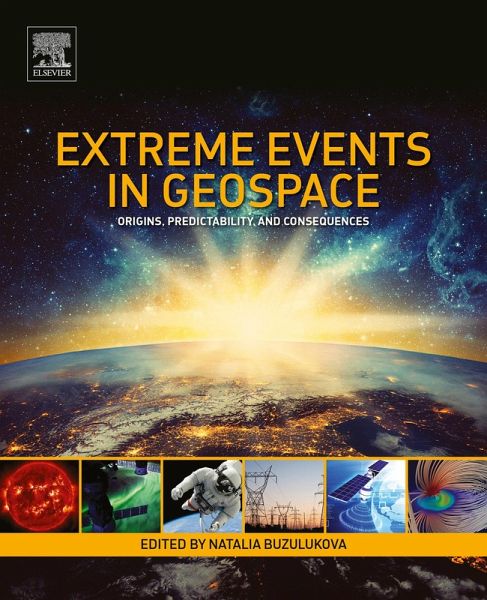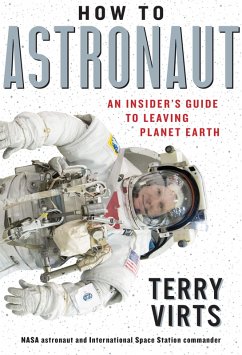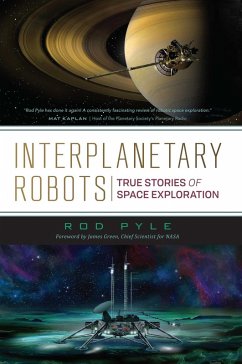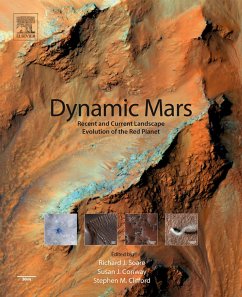
Extreme Events in Geospace (eBook, ePUB)
Origins, Predictability, and Consequences
Redaktion: Buzulukova, Natalia
Versandkostenfrei!
Sofort per Download lieferbar
107,95 €
inkl. MwSt.
Weitere Ausgaben:

PAYBACK Punkte
54 °P sammeln!
Extreme Events in Geospace: Origins, Predictability, and Consequences helps deepen the understanding, description, and forecasting of the complex and inter-related phenomena of extreme space weather events. Composed of chapters written by representatives from many different institutions and fields of space research, the book offers discussions ranging from definitions and historical knowledge to operational issues and methods of analysis. Given that extremes in ionizing radiation, ionospheric irregularities, and geomagnetically induced currents may have the potential to disrupt our technologie...
Extreme Events in Geospace: Origins, Predictability, and Consequences helps deepen the understanding, description, and forecasting of the complex and inter-related phenomena of extreme space weather events. Composed of chapters written by representatives from many different institutions and fields of space research, the book offers discussions ranging from definitions and historical knowledge to operational issues and methods of analysis. Given that extremes in ionizing radiation, ionospheric irregularities, and geomagnetically induced currents may have the potential to disrupt our technologies or pose danger to human health, it is increasingly important to synthesize the information available on not only those consequences but also the origins and predictability of such events. Extreme Events in Geospace: Origins, Predictability, and Consequences is a valuable source for providing the latest research for geophysicists and space weather scientists, as well as industries impacted by space weather events, including GNSS satellites and radio communication, power grids, aviation, and human spaceflight. The list of first/second authors includes M. Hapgood, N. Gopalswamy, K.D. Leka, G. Barnes, Yu. Yermolaev, P. Riley, S. Sharma, G. Lakhina, B. Tsurutani, C. Ngwira, A. Pulkkinen, J. Love, P. Bedrosian, N. Buzulukova, M. Sitnov, W. Denig, M. Panasyuk, R. Hajra, D. Ferguson, S. Lai, L. Narici, K. Tobiska, G. Gapirov, A. Mannucci, T. Fuller-Rowell, X. Yue, G. Crowley, R. Redmon, V. Airapetian, D. Boteler, M. MacAlester, S. Worman, D. Neudegg, and M. Ishii. - Helps to define extremes in space weather and describes existing methods of analysis - Discusses current scientific understanding of these events and outlines future challenges - Considers the ways in which space weather may affect daily life - Demonstrates deep connections between astrophysics, heliophysics, and space weather applications, including a discussion of extreme space weather events from the past - Examines national and space policy issues concerning space weather in Australia, Canada, Japan, the United Kingdom, and the United States
Dieser Download kann aus rechtlichen Gründen nur mit Rechnungsadresse in A, B, BG, CY, CZ, D, DK, EW, E, FIN, F, GR, HR, H, IRL, I, LT, L, LR, M, NL, PL, P, R, S, SLO, SK ausgeliefert werden.













